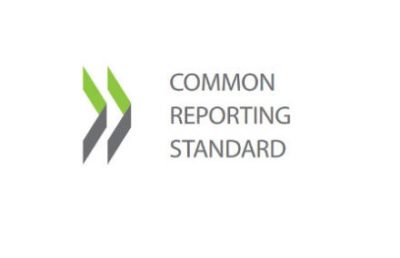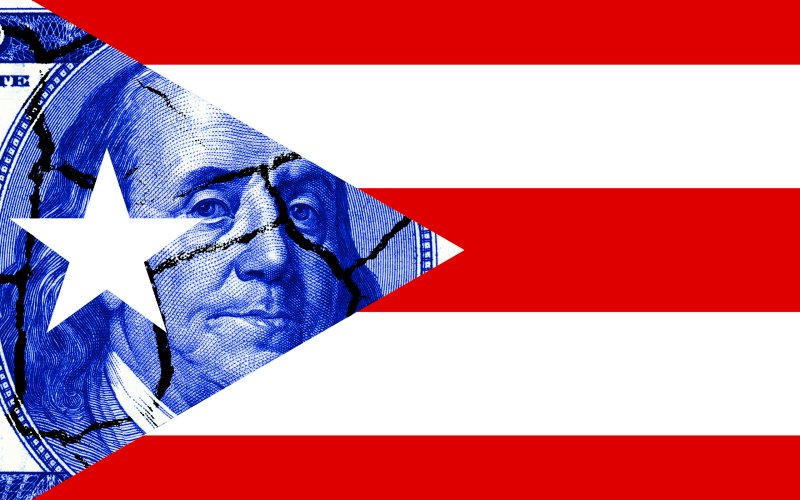Common Reporting Standards (CRS) and Puerto Rico’s Special Status
Introduction to Common Reporting Standards (CRS)
The Common Reporting Standard (CRS) is an information standard for the automatic exchange of information (AEOI) regarding bank accounts on a global level, between tax authorities. The aim of the CRS is to combat tax evasion. It was developed by the Organization for Economic Cooperation and Development (OECD) and was first agreed upon in 2014.
Under the CRS, tax authorities in participating countries receive information from their financial institutions and automatically exchange that information with tax authorities in other CRS participating jurisdictions. The data pertains to accounts held by taxpayers, including individuals, businesses, and trusts.
The details collected and exchanged include:
- Name, address, and tax identification number (TIN) of the account holder.
- Account number.
- Account balance or value at the end of the year.
- Gross amount of interest, dividends, and other income generated.
Puerto Rico’s Exclusion from CRS
Puerto Rico, an unincorporated territory of the United States, is not a separate sovereign jurisdiction for purposes of international treaties and agreements. Instead, it is often covered by the United States in its international agreements. As a result, Puerto Rico itself does not independently sign onto the CRS.
However, the U.S. has not adopted the CRS either. Instead, the U.S. has its own standard for international tax compliance and information sharing, known as the Foreign Account Tax Compliance Act (FATCA). While FATCA has similar objectives to the CRS, it operates differently. FATCA specifically targets non-compliance by U.S. taxpayers using foreign accounts. In essence, it requires foreign financial institutions to report to the U.S. Internal Revenue Service (IRS) about financial accounts held by U.S. taxpayers, or by foreign entities in which U.S. taxpayers hold a substantial ownership interest.
Why International Banks in Puerto Rico Don’t Need to Report under CRS
Given that Puerto Rico falls under the U.S. umbrella for international agreements and that the U.S. has not adopted the CRS, international banks in Puerto Rico aren’t required to report under the CRS. Instead, they are subject to FATCA regulations when it pertains to U.S. persons. However, accounts held by non-U.S. persons are not subject to FATCA or CRS reporting if the bank in Puerto Rico has no other presence in a CRS-participating jurisdiction.
Benefits of Added Privacy and Protection
- Competitive Advantage: The added layer of privacy can provide an edge for banks in Puerto Rico when attracting international clients, particularly those who are wary of the CRS’s extensive reporting requirements.
- Less Regulatory Burden: Without the obligation to comply with CRS reporting standards, banks can save on operational costs related to data collection, management, and reporting.
- Enhanced Client Trust: Certain clients may appreciate the added confidentiality and may perceive banks in Puerto Rico as more protective of their financial information.
- Diversification: As more countries adopt CRS, individuals and entities seeking diversification of their banking relationships might look to Puerto Rico as an alternative.
- Attractiveness for Certain Business Structures: Businesses and trusts that have no tax liability in their home country might find Puerto Rico appealing due to the reduced reporting requirements.
In conclusion, while the primary purpose of the CRS is to combat tax evasion, its broad scope has implications for financial privacy. Puerto Rico’s unique status provides a nuanced position in the global financial landscape. International banks operating there, serving non-U.S. persons, can offer a level of confidentiality that is becoming rare in the age of automatic information exchange.
Notes on Asia and CRS
Taiwan was the last country in Asia to adopt CRS. Taiwan signed on to the Common Reporting Standard (CRS). The CRS is an international standard for the automatic exchange of financial account information between tax authorities. It was developed by the Organisation for Economic Co-operation and Development (OECD) in 2014.
Taiwan committed to implementing the CRS in 2017, and it became effective on January 1, 2019. The first exchange of information under the CRS took place in September 2020, with Taiwan exchanging information with Japan and Australia.
Taiwan is also a signatory to the Multilateral Competent Authority Agreement (MCAA), which is a multilateral agreement that facilitates the automatic exchange of information under the CRS. The MCAA has been signed by 109 jurisdictions, including Taiwan.
China has also signed on to the Common Reporting Standard (CRS). The CRS is an international standard for the automatic exchange of financial account information between tax authorities. China signed the CRS in December 2015, and the first automatic exchange of information under the CRS took place in September 2018.
As a signatory to the CRS, China is required to collect certain information from financial institutions about their account holders, including their name, address, tax identification number, and account balance. This information is then exchanged with the tax authorities of other CRS signatory countries on an annual basis.
The CRS is designed to help tax authorities crack down on tax evasion and money laundering. By exchanging information about financial accounts, tax authorities can more easily identify individuals and businesses that are hiding income or assets from the authorities.
The CRS has been widely adopted by countries around the world. As of March 2023, there are 109 CRS signatories, including all European Union countries, China, India, Hong Kong, and Russia.
The United States is the only major economy that has not signed on to CRS. However, the US does have a similar law called the Foreign Account Tax Compliance Act (FATCA). FATCA is more restrictive than the CRS, and it requires financial institutions in all countries to report information about US account holders to the US Treasury Department. FATCA only applies to US persons with accounts outside of the United States.
– A US person is a US citizen no matter where he or she lives. It also includes green card holders, legal residents, and anyone spending at least 183 days in the United States.
As of August 2023, there are 58 countries that have not signed on to the Common Reporting Standards (CRS). These countries are:
Afghanistan, Algeria ,Angola ,Bangladesh, Belarus ,Benin, Bhutan, Bolivia, Burundi, Central African Republic, Comoros, Congo, Cuba, East Timor, Equatorial Guinea, Eritrea, Eswatini, Ethiopia, Fiji, Georgia, Gambia, Guinea-Bissau ,Honduras, Iran, Iraq, Jordan, Kiribati, Kyrgyzstan, Laos, Libya, Malawi, Mali, Mozambique, Myanmar, Namibia, Nepal, Nicaragua, North Korea, Palau, São Tomé and Príncipe, Sierra Leone, Solomon Islands, Somalia, South Sudan, Sri Lanka, Sudan, Suriname, Syria, Tajikistan, Tonga, Turkmenistan, Tuvalu, Uzbekistan, Vatican City State, Venezuela, Vietnam, Yemen, Zambia, and Zimbabwe.











